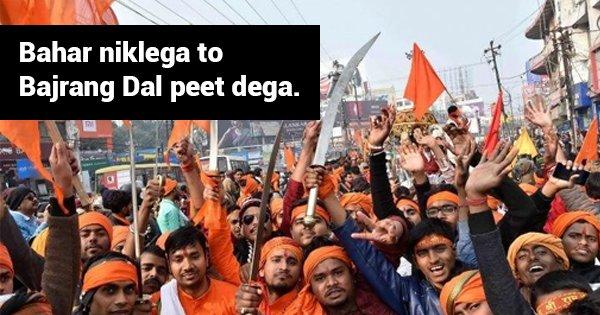Can you imagine paying only 50% of the bill at a restaurant because you didn’t like the food after eating it?
or
Taking an Uber/Ola cab and then not paying at all because you’ve taken a service you cannot afford?
or
Staying in a hotel and telling the staff that you won’t pay and tell your friends about their great services to give them ‘exposure’ instead.
We can’t pull this off, can we? It just seems unfair. They just provided their services and we cannot refuse to pay up front. In any of the cases, the organisation, restaurant or cab service, will not let you leave without paying.
Because, let’s be honest, money is money and everybody needs it.
And yet, freelancers, who are not tied to any organisation, will tell you how much they struggle to get money for the work being done by them. They submit work and then either the payment is stalled or the amount paid is way less. Even worse are the people who conveniently decide to not pay at all.

In a welcome move, the New York City Council passed the Freelance Isn’t Free Act.
The Council acted because independent workers struggle with nonpayment and delayed payment without adequate legal recourse. The Act is the first law in the United States to establish enhanced protections for freelance workers. And yet, India, with its 15 million freelancers, finds itself unable to legally protect them.
India is a relatively young economy and the changes in career trends coming our way need for us to step up our legal game to protect everyone. While the concept of freelancers happens to be pretty recent to India, the number of individuals deciding to get into the freelance business is increasing by the year. The emotional, mental and financial burden borne by the freelancers is tremendous.

For example, a friend of mine had to fight with her family of engineers to go into designing. After her graduation, she rejected joining a company because she wanted to build a brand for herself and also didn’t want to compromise on her creativity. With no family support or regular income, she jumped into the freelancing bandwagon. Her journey came to an end after a partner at a high-end corporate firm refused to pay her the promised Rs. 10,000 because he “didn’t like the work.” She just got herself a job and let creativity go out of the window.
And this is the story of most people who start out with freelancing.

There’s harassment, and moreover, there is a financial crisis at all times. You don’t know if you’ll be paid for the work you’re doing. It only adds to your frustration and mental burden. This starts affecting the quality of your work. In no time, you’ve forgone any future plans because even your immediate future carries no guarantee.
Of course, a freelancer depends on their employer and trusts that their moral compass will not allow the freelancer to go on a hungry stomach. But seeing that it rarely works out this way, we had a conversation with an IPR lawyer to know how a freelancer can make sure they’re legally and financially protected. Here’s what we were told:
“So, a freelancer has a legal recourse only if he/she has entered into an independent contractor/artist/developer agreement.”

Expanding on the needs of an Indian freelancer, he said:
“What we need in India is that every company or individual has to enter into an agreement with the freelancer and pay industry standard fee and not exploit the creative output of the freelancer. The freelancer may license their work but may retain the right to use it for his own projects, books, website.”
He further talked about how freelancers also need to know the legal rights attached to their work:
“Freelancers should know the difference between giving away everything for eternity (assignment) and giving away some portion for a small duration of time (license). Assignment is basically you giving all your rights on my intellectual property for x number of years or forever license is when you give the right to make 10 copies of, say, your book and distribute it only in one particular area for the 5 days starting from tomorrow.”

So the next big question was who the hell takes care of paying a lawyer when the freelancer struggles with payments?
“The legal cost for agreement is borne by the employer. The service provider has to sign an agreement provided by the employer. However, mostly, there is no paper work and hence, the exploitation. So, it’s prudent to simply Google, “Draft freelancing agreements” and mould them as per context of service. If the employer refuses to enter into an agreement, then it is clearly a sign of malign intention.”
Ending the conversation, he added:

















